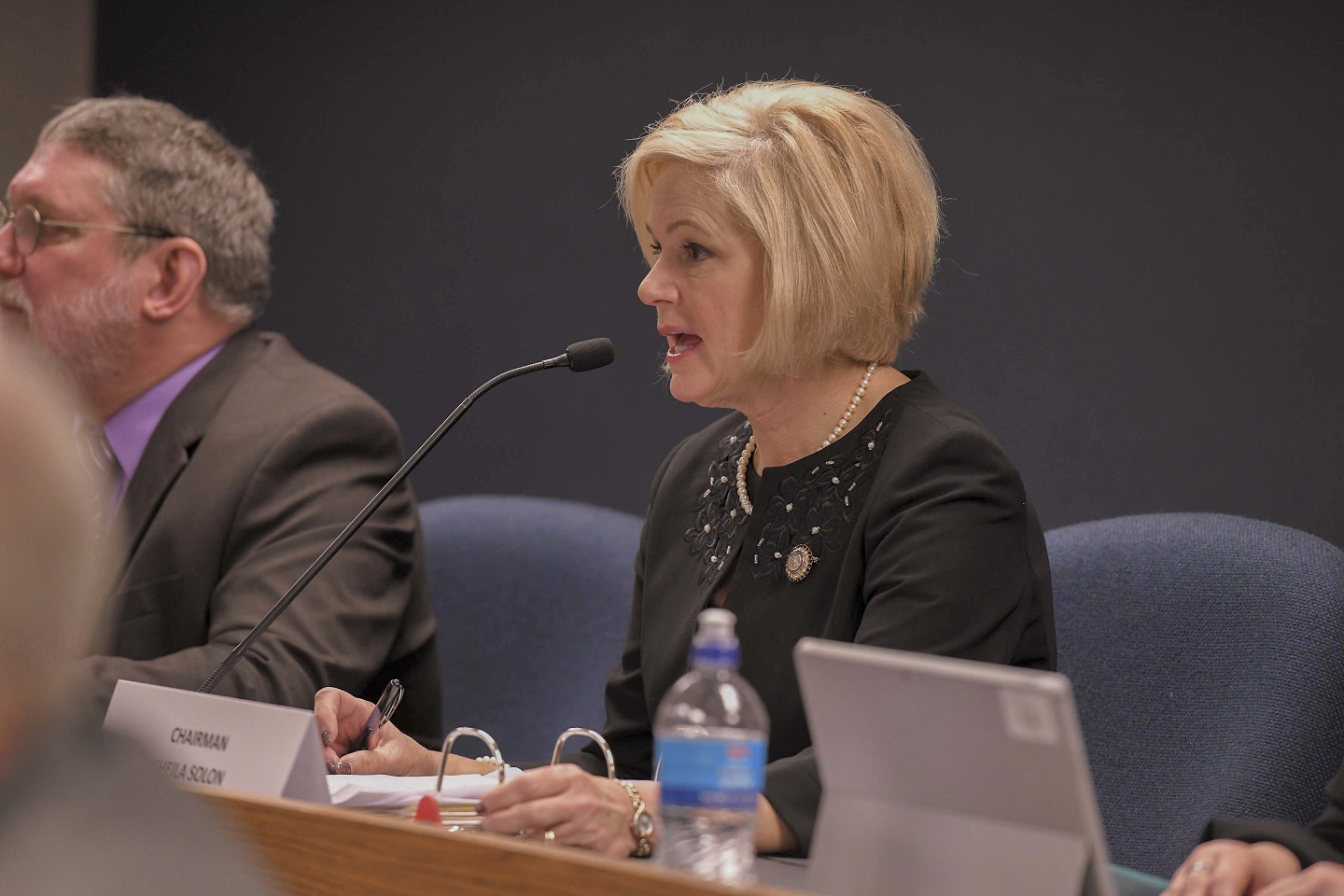A measure to give victims of child sexual abuse more time to sue those responsible for their abuse was given a unanimous vote of support in the House last week. The bill reached the floor too late to become law this year, but its sponsor hopes that vote will give it momentum for future sessions.

In 2018 state law was changed to lift the statute of limitations on criminal prosecution of child sexual abuse, but in civil law a victim of childhood sexual abuse can only sue their abusers until they turn 31 or within three years of discovering that an injury or illness was the result of childhood sexual abuse, whichever occurs later. House Bill 367 would have extended that age limit to 41, and expand the scope of who can be sued to include anyone who enabled abuse or allowed it to continue, or who created a circumstance in which it could occur.
“Through no fault of their own, children who have been abused in the past are being victimized again by not being allowed to hold their perpetrators to account in civil actions,” said the bill’s sponsor, Representative Brian Seitz (R-Branson).
He said when the bill was heard by the House Judiciary Committee, people who experienced abuse as children in Missouri came from all over the state and as far away as Florida and Texas, to testify.
“Many came from my own district to testify to the atrocities committed against them as children but it’s too late for them to face those involved in a civil action because the statute of limitations had run out before they came to terms with their abuse,” said Seitz. “House Bill 376 cannot stop these past events but will allow for these children, now adults, to call the people – and I use that term loosely – to be held to account, and creates a path for civil actions to benefit the survivors and provide some form of restitution and accountability.”
Seitz refers to abuse that happened at Kanakuk Summer Camp at Branson, which in 2010 resulted in a former counselor there receiving two life sentences in Missouri prison.
The House voted 150-0 for the bill’s perfection, or initial passage, which normally would be one step in the process toward it being sent to the Senate. In this case, said Seitz, it is a symbolic vote and one he hopes will lead to this change in Missouri law eventually being made.
One of the bill’s co-sponsors, Representative Raychel Proudie (D-Ferguson), called the bill, “incredible. It is one of the proudest things I’ve been able to look at this year … this is probably the best bill we’re going to hear on this floor this year. I ask the body’s unanimous support.”
With this year’s session ending on Friday, Seitz plans to pre-file the language of HB 367 again for the 2024 legislative session.
